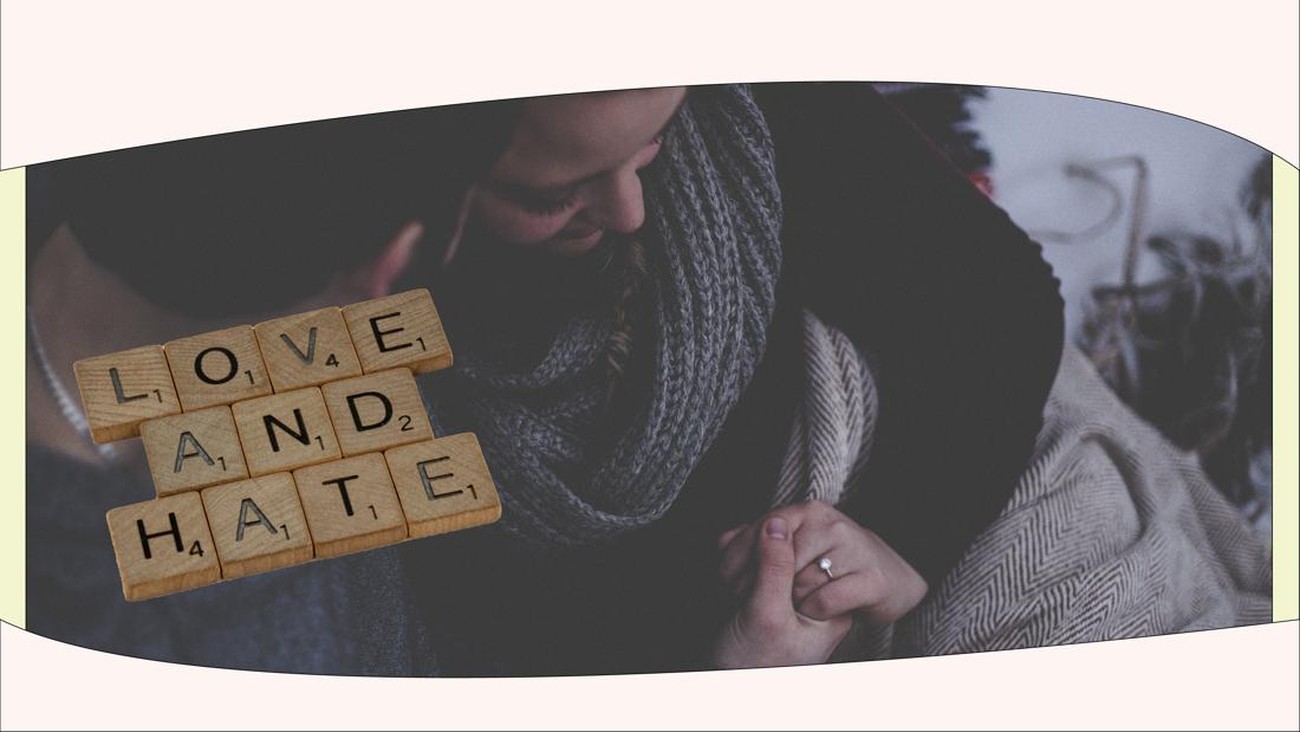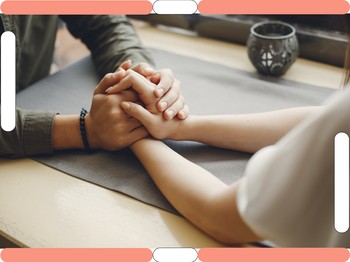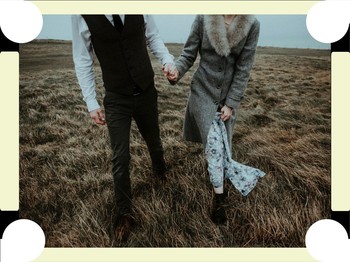They say love and hate are separated by a thin line. This may indicate that the difference between loving someone and hating them can sometimes be a little more blurry than many would like to admit. However, what if one feels or is stuck in both love and hate?
Have you ever been in a love-hate relationship? The one where your partner may annoy you all the time, but as much as they do, you still love them with all of your heart. It feels like your relationship is like a rollercoaster, where there is both excitement and exhaustion, as well as ups and downs. A love-hate relationship isn't only experienced by couples; it also applies to relationships with inanimate objects, concepts, and parent-child relationships.
Psychology says that people who have had chaotic or volatile relationships in their early years tend to find solace in the unstable nature of love-hate relationships. This is because it is something they're familiar with in translating the concept of love, hence conceptualizing conflict as a way to express love. Many people who are stuck in love-hate relationships believe that the pain and tension present in the relationship relate to closeness.
What they don't realize is that these relationships provide a false sense of being loved as they think that a relationship is more meaningful, kudos to the struggle and conflict they endured for it. They might not realize that there are people who will consider their feelings and who are willing to communicate openly and effectively; because their past experiences have taught them that it was only an option.
So, is it toxic? Undoubtedly, yes. This kind of relationship can never help the people involved grow as a couple, as it restricts you from opening up to each other and revealing your true selves, flaws, and all. Even though there's a lot of love in the air, the constant arguments would always cause insecurities about the future to seep in. The truth is, just because you don't have daily struggles in the relationship doesn't mean the relationship is not valuable. In fact, it's the opposite.
Learning to communicate effectively with each other instead of yelling is a baby step in navigating through the change towards your love-hate relationship. Surely, anger is a defense mechanism it's the way we react when we feel cornered or helpless. However, you should give your partner some alone time to reflect on what you have to say. Once their ego diminishes, they'll be ready and open to communicating with you. When this occurs, you also have to lose your ego and be open to compromise.
Love-hate relationships tend to provide both negative and positive extremes, rather than a steady rhythm. The cycle can be broken if both partners are aware of what a healthy relationship looks like.
(HAI/DIR)


